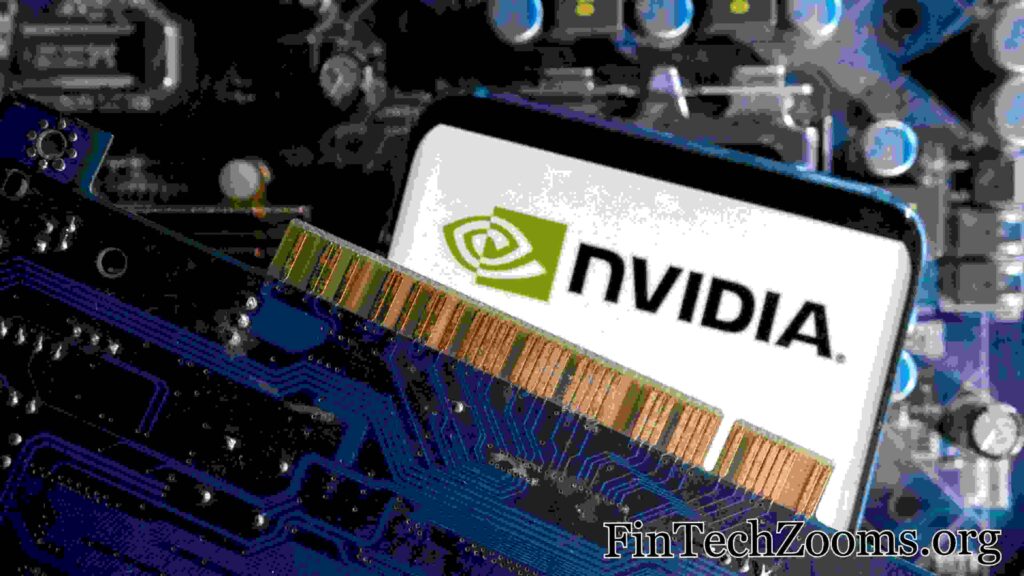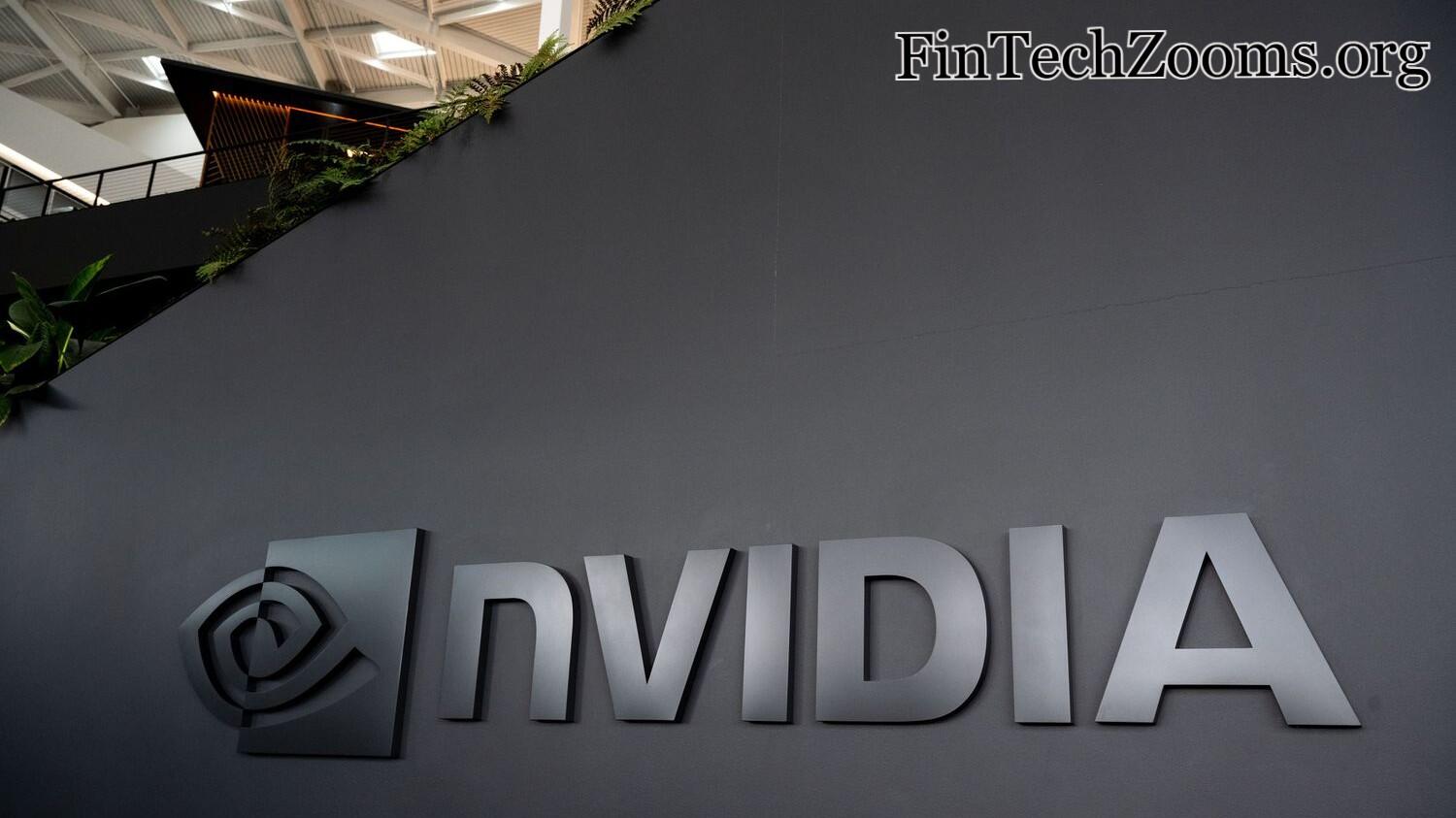How Nvidia Stock Price Reacted to China’s New Tech Restrictions

Introduction
The tech industry finds itself in the eye of the geopolitical storm as China escalates the ongoing tech trade war.
Nvidia, a global leader in graphics processing units (GPUs), has witnessed significant fluctuations in its stock price following China’s latest measures.
Let’s delve into how this development has impacted Nvidia and what it means for the broader tech sector.
China’s New Measures

In response to U.S. export restrictions on advanced semiconductors, China has introduced countermeasures that target key tech players.
The restrictions limit the export and use of critical materials required for high-performance GPUs and AI chips.
This move is widely seen as a direct retaliation to the U.S. clampdown on China’s access to cutting-edge technology, which has severely impacted Chinese tech firms.
Nvidia, being a leading supplier of GPUs for AI, gaming, and data centers, has been thrust into the center of this trade war.
Key Components Targeted by China
China’s restrictions include export bans on rare earth materials and components crucial for semiconductor manufacturing.
Given Nvidia’s reliance on these materials, the company’s supply chain could face significant disruptions, adding to the uncertainty surrounding its future operations.
Nvidia Stock Price
Immediate Stock Market Impact
The announcement of China’s countermeasures led to an immediate dip in Nvidia’s stock price. Investors reacted swiftly, pricing in potential supply chain disruptions and reduced access to critical markets.
Analysts noted a sharp drop in intraday trading, with Nvidia’s stock losing over 5% in value within hours of the news breaking.
Factors Driving the Volatility
- Supply Chain Risks: Nvidia’s dependence on China for raw materials and assembly makes it vulnerable to trade restrictions.
- Market Uncertainty: Heightened geopolitical tensions deter investors, leading to stock sell-offs across the semiconductor sector.
- Revenue Concerns: China’s significant market share in gaming and AI applications raises concerns about Nvidia’s ability to maintain revenue growth.
Long-Term Implications for Nvidia
While the short-term effects are visible, the long-term consequences of the tech trade war could reshape Nvidia’s operations and market strategy.
Diversification of Supply Chains
To mitigate risks, Nvidia and other tech giants are exploring alternative supply chains outside of China.
Regions like Southeast Asia, India, and the U.S. are being considered for manufacturing and material sourcing.
Impact on Innovation
Trade restrictions might slow down Nvidia’s R&D processes due to reduced access to essential materials. This could potentially delay the launch of next-gen GPUs and AI products.
Revenue Growth Challenges
China constitutes a significant market for Nvidia’s products, especially in AI and gaming. Restricted access to Chinese customers could result in declining revenues, prompting Nvidia to intensify its focus on other markets.
How the Trade War Affects the Semiconductor Sector?
Nvidia is not the only company feeling the heat. The broader semiconductor sector, including competitors like AMD and Intel, has also experienced stock price volatility.
The sector’s heavy reliance on China for materials and market demand underscores the global ramifications of the trade war.
Investors’ Perspective
The trade war has increased the risk associated with tech stocks from an investment standpoint.
As investors brace for further developments, portfolio diversification and cautious trading strategies have become the norm.
Navigating the Challenges

Nvidia’s leadership has remained tight-lipped about immediate responses but has emphasized its commitment to overcoming supply chain challenges.
The company is expected to engage with policymakers and industry bodies to advocate for solutions that mitigate trade restrictions.
Potential Strategic Moves
- Strengthening Alliances: Nvidia might deepen partnerships with countries less affected by trade restrictions to secure a stable supply chain.
- Technological Adaptation: Developing technologies that require fewer restricted materials could help Nvidia maintain its competitive edge.
- Market Diversification: Expanding into emerging markets and sectors could offset potential revenue losses from China.
Conclusion
The escalation of the tech trade war marks a critical juncture for Nvidia. The company’s stock price volatility reflects broader market apprehensions about geopolitical tensions and their impact on the tech sector.
While Nvidia’s innovative capabilities and market position remain strong, adapting to the evolving landscape will be crucial for its long-term success.
Investors, policymakers, and industry leaders will closely watch how Nvidia and other semiconductor companies navigate this challenging environment.
The outcome of this trade war could redefine the global tech industry for years to come.